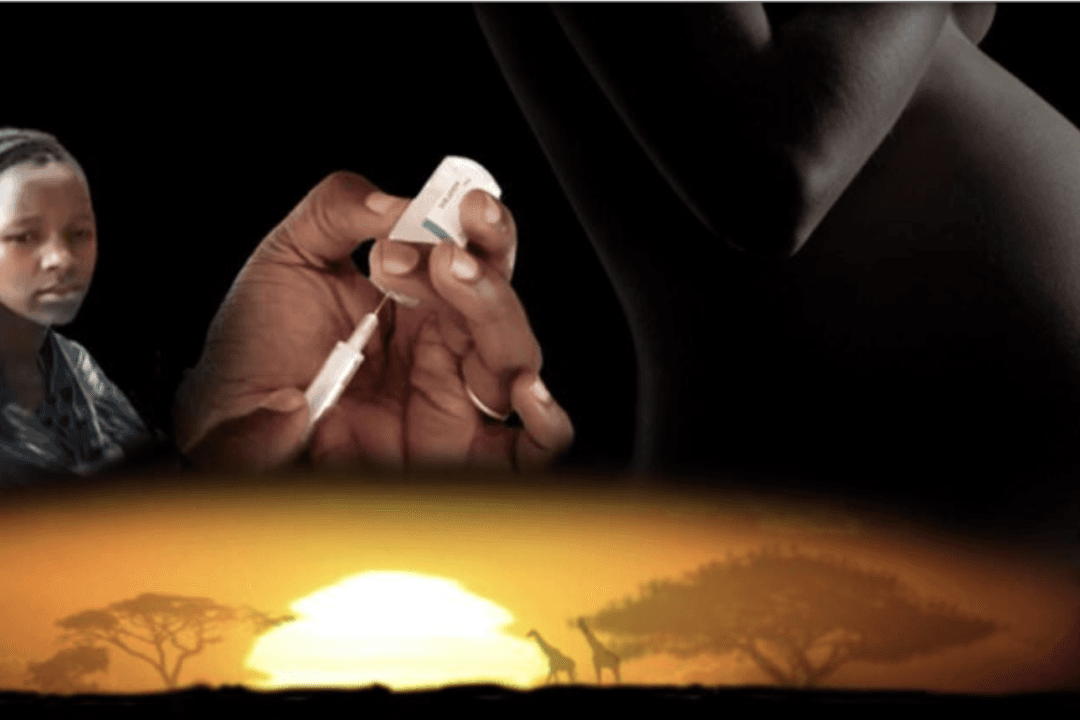There is no greater crisis facing our world today than the chronic disease epidemic that has sabotaged the health of our children.
To date, WMP’s advocacy work has focused primarily on the toxic effects of mercury—one of the most neurotoxic substances on Earth—and the epidemic of neurodevelopmental disorders such as autism, plaguing our children.





